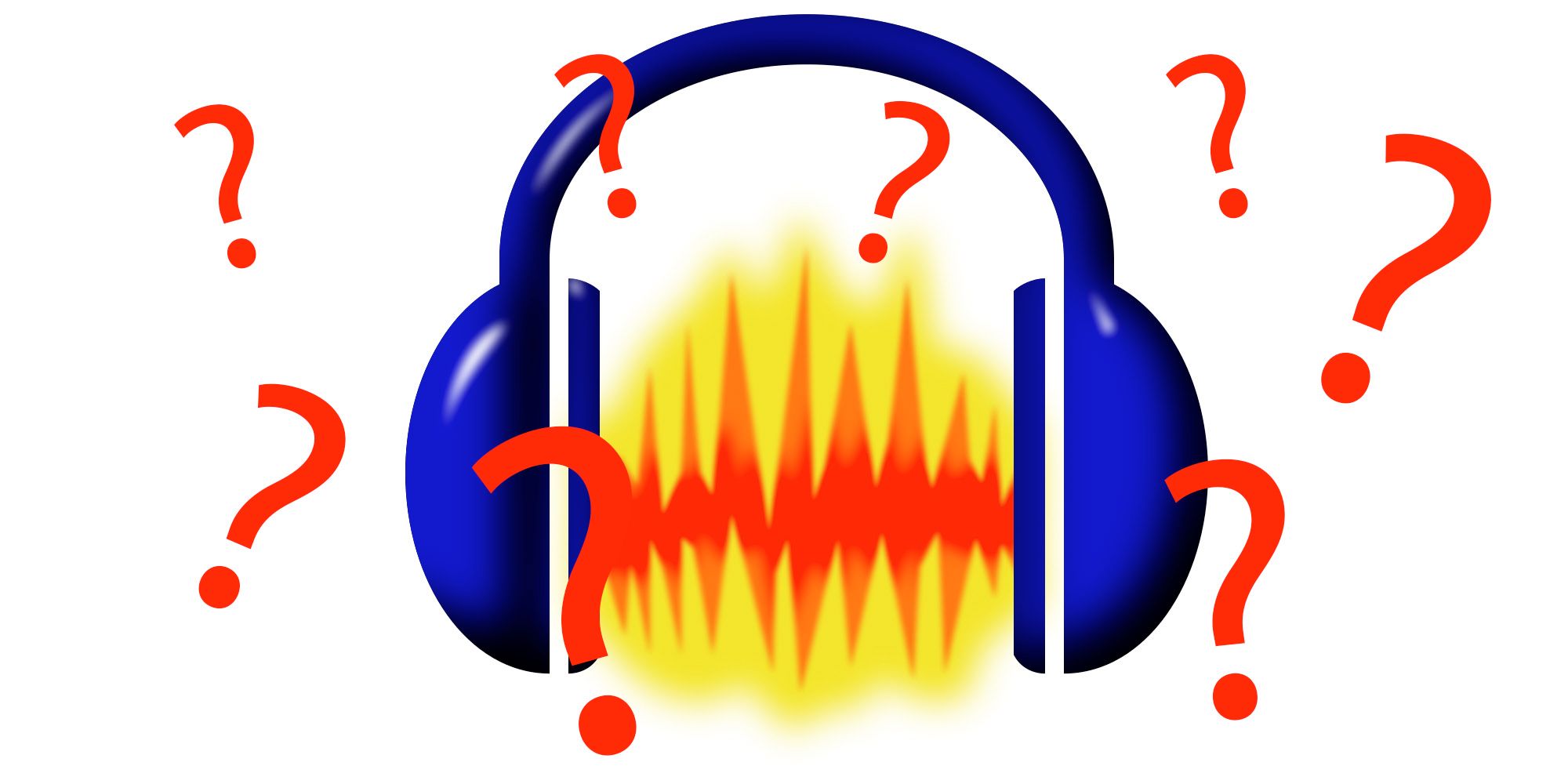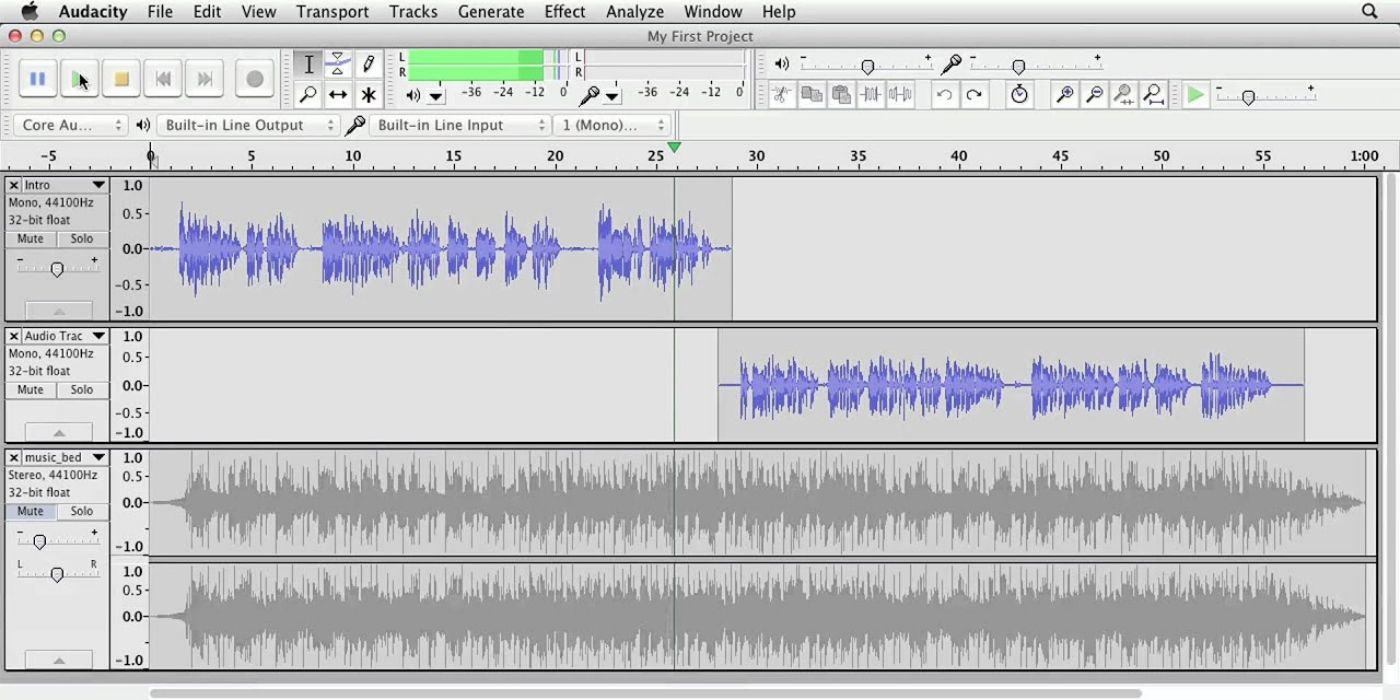The privacy policy page for Audacity, one of the most popular pieces of audio editing software on the market, was updated on June 2, offering a vague outline of the personal data collected by the software. Audacity has been an open-source audio program since it was founded in 1999. Being easy to learn and offering a wide variety of editing tools, Audacity is the most widely recognized audio recording software of its class; to the point where it is the go-to for many educational programs.
Audacity was purchased by the Muse Group earlier this year. The Muse Group also runs software like Ultimate Guitar and MuseScore. While programs like MuseScore and Audacity are open source, that does not mean the Muse Group cannot find ways to make money off users.
Related: Researcher Shows How An ATM Can Be Hacked Using A Phone & NFC
Enter the updated Audacity privacy policy, which states the program now collects data like a computer’s CPU, the OS of Audacity being used, IP address, and “data necessary for law enforcement.” The data Audacity collects is meant to be shared with staff members, law enforcement, auditors, and potential buyers (of the company, not the data itself). According to Slash Gear, the data collected by Audacity is sent to servers in the US, Russia, and European Economic Area. How long data is retained also varies, IP addresses are stored in an identifiable format for a day before it is stored as an unidentifiable hash for a calendar year. According to the Audacity notice, information like the computer's CPU and OS are not stored in an identifiable format. The notice also reports Audacity “is not intended for individuals below the age of 13.”
What Do The Changes Impact?
Of course, the privacy notice states that Audacity does not sell personal information, and users can request a restriction on Audacity’s ability to process collected data if they are protected by applicable legislation. The real problem with much of this update lies in its vague language. The notice never describes what kind of information Audacity could store that might be used by law enforcement.
More problems arise when looking at the notice’s policy on minors. Audacity is a program used in computer labs across various countries. Minors will have access to Audacity, so to suddenly recommend they not use the app is both misguided and in violation of the General Public License the software is filed under. Until Muse Group decides to walk back this policy update, the best thing for users may be to find an alternative to the version of Audacity offered by the company.
Source: Audacity, Slash Gear


